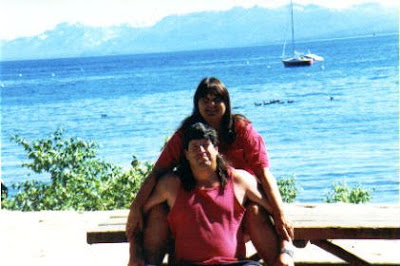FOR IMMEDIATE RELEASE
September 28, 2010 - Samoa Pulp Mill Permanently Closed
Samoa, Ca - Freshwater Tissue Company announced the permanent closure of the
Samoa pulp mill. Evergreen Pulp, the prior owners of the pulp mill, closed
the mill in October of 2008 after a global collapse of the banking industry
left Evergreen insolvent.
Freshwater Tissue purchased the Samoa mill assets in February of 2009 with a
vision of converting the pulp mill to an integrated pulp and tissue plant
that would convert forest residuals into consumer-ready, eco-friendly toilet
paper. The projected cost of the plant conversion was $400 million. The
owners anticipated borrowing the funds from the Department of Energy.
Unfortunately, DOE loans were only available to green energy projects, such
as wind energy, solar energy, and the production of electric cars.
After failing to fund the integrated tissue mill project, Freshwater scaled
down its business plan and reduced its capital requirement to $30 million.
The company's new plan was to produce eco-friendly pulp, and it secured a
10-year sales contract for 100% of its production. Freshwater obtained all
necessary regulatory permits to re-open the mill, it received unprecedented
environmental and labor support, and it had bi-partisan government support.
When the company received notice from the U.S.D.A. that it qualified for a
$25 million loan guarantee Freshwater believed a loan was certain, but it
soon discovered banks would not loan against a government backed guarantee.
In a statement issued by Robert M. Simpson, Freshwater's President, Simpson
said "I am disappointed in our failure to re-start the pulp mill. We
exhausted all possible means of funding the project with the intention of
re-hiring union workers. Unfortunately, FDIC regulations made it impossible
for banks to finance startup projects like ours."
Freshwater reported that it has received an offer for its power and recovery
boiler. When asked about the offer Simpson said "we have two groups
interested in acquiring the boiler but we are not in contract and we don't
have any expectation as to when a sale will be completed." Simpson didn't
offer any details of Freshwater's future plans for the 156 acre industrial
site.
Coroner Investigates Discovery of Female Remains Off Mendocino Coast
-
MCSO's Captain Cromer said the individual does not correspond to any active
missing persons reports logged with the Sheriff’s Office.
Source
2 hours ago






